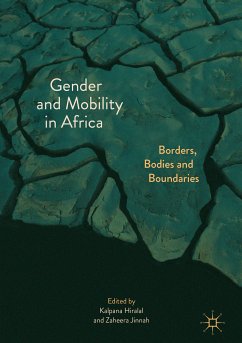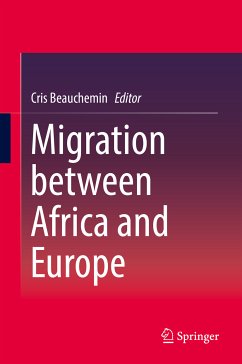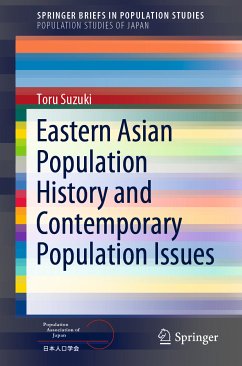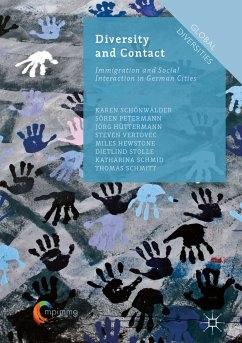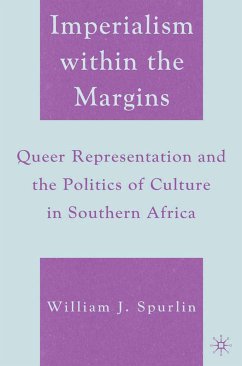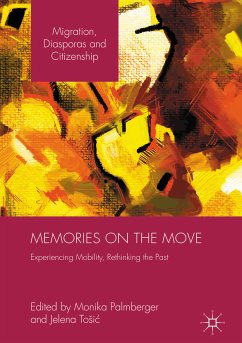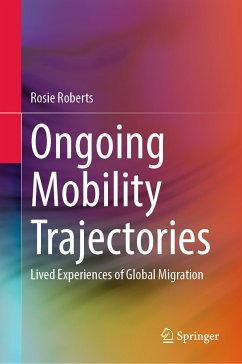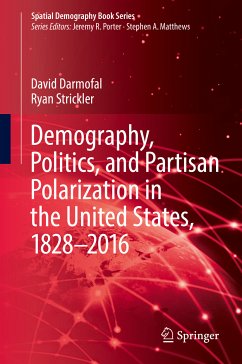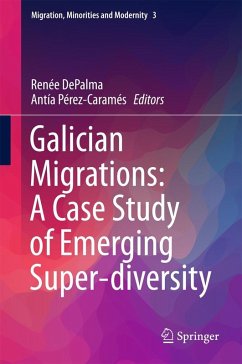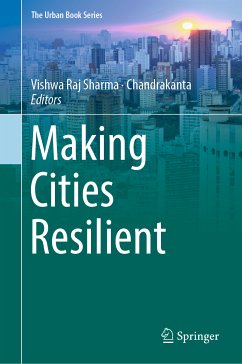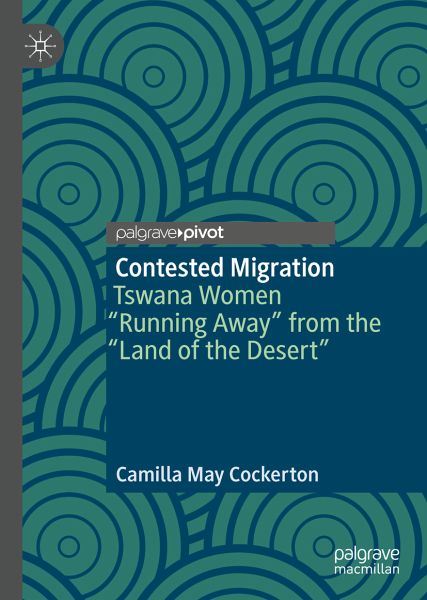
Contested Migration (eBook, PDF)
Tswana Women "Running Away" from the "Land of the Desert"
Versandkostenfrei!
Sofort per Download lieferbar
40,95 €
inkl. MwSt.
Weitere Ausgaben:

PAYBACK Punkte
20 °P sammeln!
The migrant has been designated the central or defining figure of the 20th and 21st centuries. For much of this period, research and theory have centred on adult men as representative, ignoring women's part in international migration. Similarly, in Botswana, most history books on migration focus solely on men's experiences. Weaving together history, theory and migrant women's own words, this book reveals Tswana women's multifaceted participation in the cross-border flows from colonial Botswana to pre-apartheid South Africa. Women succeeded in "running away" despite the opposition of Tswana and...
The migrant has been designated the central or defining figure of the 20th and 21st centuries. For much of this period, research and theory have centred on adult men as representative, ignoring women's part in international migration. Similarly, in Botswana, most history books on migration focus solely on men's experiences. Weaving together history, theory and migrant women's own words, this book reveals Tswana women's multifaceted participation in the cross-border flows from colonial Botswana to pre-apartheid South Africa. Women succeeded in "running away" despite the opposition of Tswana and colonial male authorities. This book celebrates women's agency and determination in creating new social networks, finding employment, and supporting children and families.
Dieser Download kann aus rechtlichen Gründen nur mit Rechnungsadresse in A, B, BG, CY, CZ, D, DK, EW, E, FIN, F, GR, HR, H, IRL, I, LT, L, LR, M, NL, PL, P, R, S, SLO, SK ausgeliefert werden.



